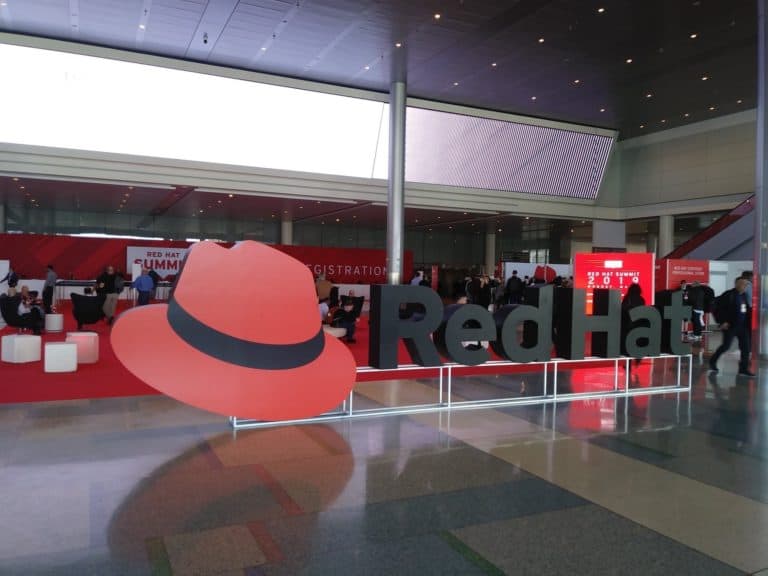CentOS, Red Hat’s Enterprise Linux clone, will get a rolling release version. The new version will be called CentOS Stream and is intended for software developers. In short, CentOS will receive continuous updates, which was only the case with RHEL until now.
All parts, from kernel to applications, will now be continuously updated. According to Chris Wright, Red Hat’s CTO, the reason why Red Hat is going to offer rolling release for CentOS is to support developers. It is “a developer-forward distribution that aims to help community members, Red Hat partners and others take full advantage of open source innovation within a more stable and predictable Linux ecosystem. It is a parallel distribution to existing CentOS.”
The new version of CentOS comes next to the existing version. The new version is needed, according to ZDNet, because server environments are subject to enormous change. With the rapid development of Linux containers, Kubernetes, microservices, serverless and cloud-native services, companies need to keep up with technology faster than ever. A CentOS distribution that can keep up with these developments can, therefore, be very useful.
CentOS Stream coexists with Fedora
Fedora is basically the most progressive distribution of Red Hat, and in the past, changes in Fedora were slowly but surely incorporated into RHEL. Only after that, the source code of RHEL was normally released to CentOS. However, CentOS Stream will now also play a role in creating the next generation of RHEL. Wright said that “developers need something more to address their specific challenges. They require earlier access to code, improved and more transparent collaboration with the broader partner community, and the ability to influence the direction of new RHEL versions. It is these opportunities that CentOS Stream is intended to address.”
In summary, CentOS Stream will also play a role in the development of RHEL, but Fedora will remain the top priority when it comes to the most cutting-edge developments. However, CentOS Stream can be a very good choice for keeping up with competitors who develop cloud and container-based applications. In addition, the ‘old’ CentOS will continue to exist, so users of that don’t have to worry.
